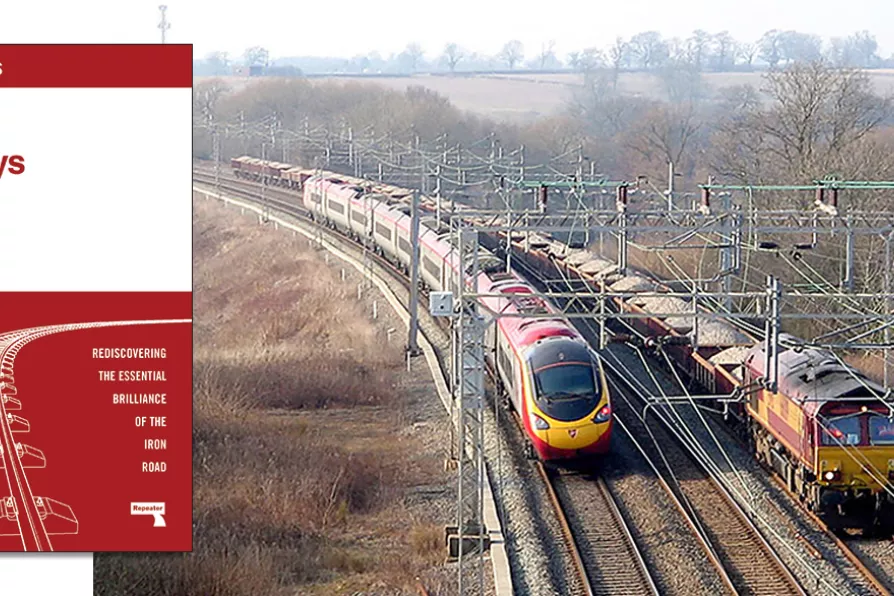JOHN GREEN, MARIA DUARTE and ANGUS REID review Fukushima: A Nuclear Nightmare, Man on the Run, If I Had Legs I’d Kick You, and Cold Storage

 RATIONAL FUTURE: Passenger and freight train on the West Coast Main Line in Warwickshire, England
[G-Man/CC]
RATIONAL FUTURE: Passenger and freight train on the West Coast Main Line in Warwickshire, England
[G-Man/CC]
How the railways will fix the future: rediscovering the essential brilliance of the iron road
Gareth Dennis, Repeater, £10.99
IN this splendid book, railway engineer Gareth Dennis urges the vital importance of railways. As he argues, public transport does not need inventing. We’ve solved the technology challenges for urban and long-distance transport, just as we have solved the problems of getting clean water and generating electricity.
We have all the skills and tools we need to solve our problems. All we lack is the political will, not the technological capability. He asks, should the railways be nationalised? And answers, yes, absolutely, but adds that this is only the first small step on a much larger journey.
The idea that there can be meaningful competition in a complex network like the railways is bizarre. Railways should not be competing with each other. Their real competition is with road and air.

A just transition to Great British Railways and a clean and safe railway for all is not only desirable but also necessary. MARYAM ESLAMDOUST explains












